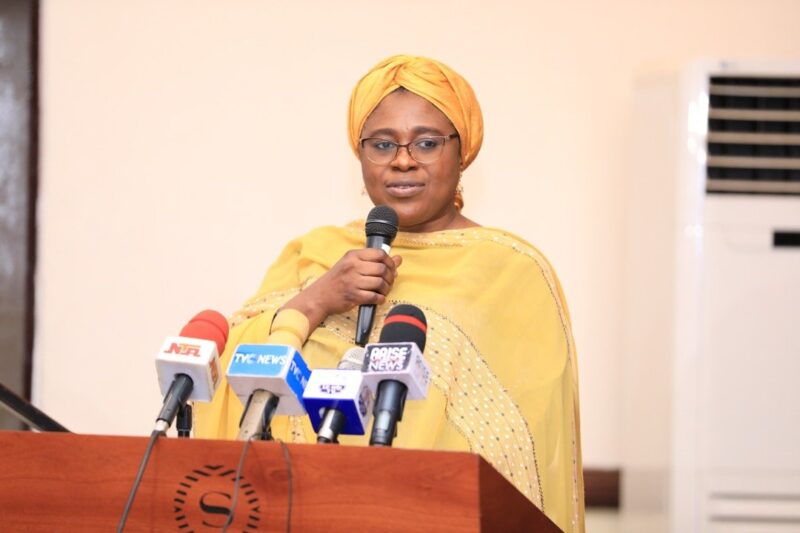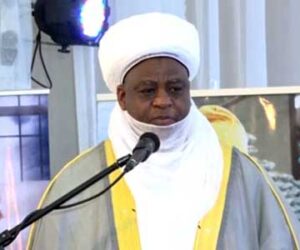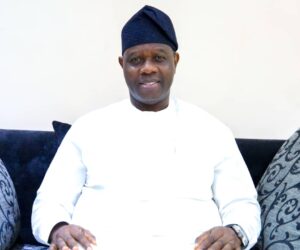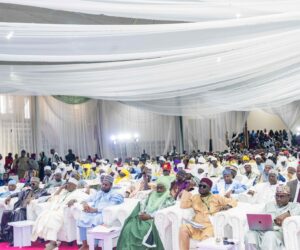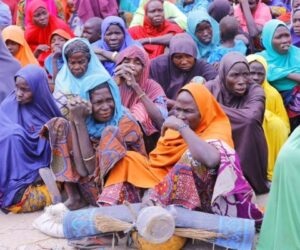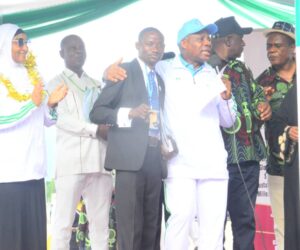Dr. Salma Anas Ibrahim, Special Adviser to the President on Health, has said that women are still being marginalized in politics and executive positions despite proven capabilities.
Annas stated this while declaring open the Gender Responsive Advocacy Workshop organized by GIZ, co-funded by the EU, under the ‘Support Sustainable Social Protection, Participation and Economic Resilience, on Wednesday.
Anas also blamed the women for not working on their weaknesses to change the trajectory.
SPONSOR AD
She said more than 80 percent of the votes in every election is produced by the women but could not queue it into the proper direction, to place the women in the right leadership places.
“To change the trajectory, we must change our attitudes, we must lobby and reach out to people that would talk on our behalf, and we must expand our space and network.
“We must support each other politically even if you are sharing the same husband,” she said.
She advocated for women to lobby, mentor, and expand their interests at every opportunity in politics or leadership positions they held.
“If men mentor, support each other, and have a succession plan, why not us (women)? We must break the barriers of lack of confidence in ourselves; We must present ourselves as the best; we must advocate for self development,” she said.
While appreciating the President Bola Ahmed Tinubu, Vice President Kashim Shettima and Governor Babagana Umara Zulum for considering women in executive positions in Borno, Annas asked for space in elective positions.
Anas said Borno has stood out in northern Nigeria in terms of spaces to exhale, and support from men to be in the forefront of representation.
“The first woman to be on the ballot paper in Northern Nigeria is from Borno, the first to win the house of Assembly and House of representatives is from Borno.”
“Also, we must commend the state governor for appointing women in Executive positions, permanent secretaries, commissioners and heads of agencies,” he said
She said Nigerian women were highly talented, comparing how they are transforming the private sectors where they were given equal opportunities as men.
“With little conviction, women would make a huge difference in 2027, as the saying goes, when women are there, smart decisions are taken,” she added.
The workshop, which convened 50 participants: Women in politics, Media, Civil Society Organizations (CSOs), House of Assembly members and top government officials, is to strengthen their capacity for political engagement and gender-responsive governance.

